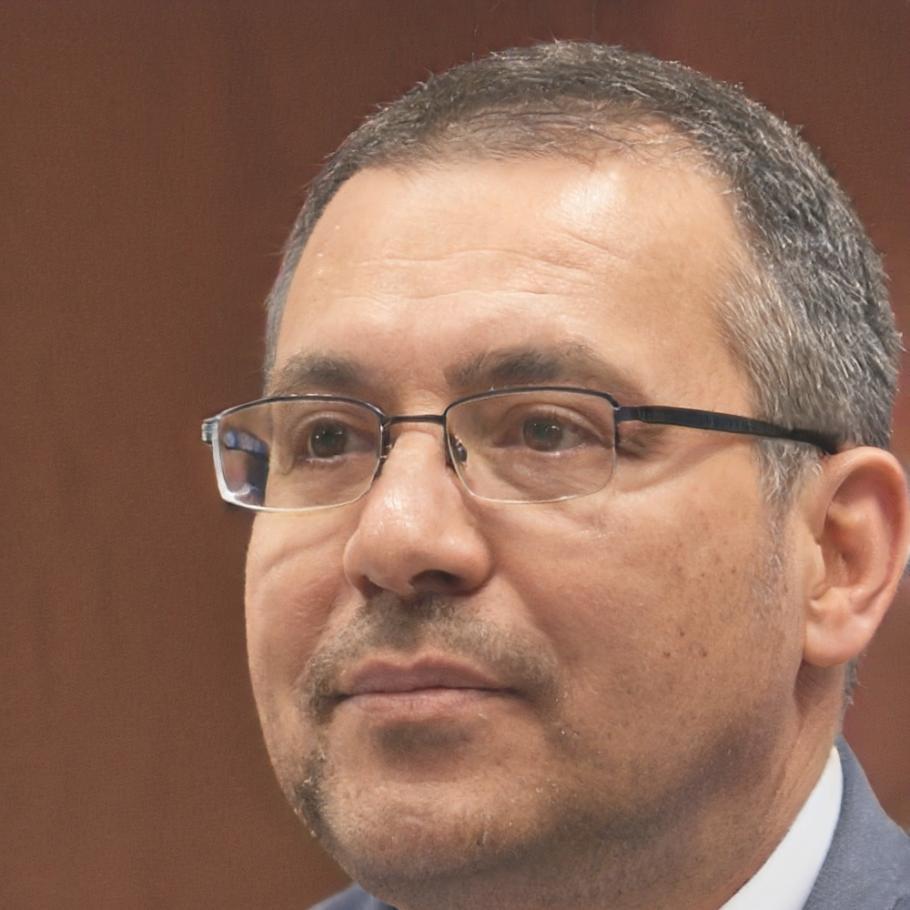How We Got Here
The honest truth? Most of us stumbled into financial planning through our own mistakes. I spent three years working in corporate finance before realizing that the advice people actually needed was completely different from what the industry was selling.
Traditional financial services felt like they were designed for people who already had money figured out. But most Australians were trying to decide between renovating their kitchen or keeping that emergency fund intact. Should they help their kids with university or top up super? Real questions with no easy answers.
Starting a business in Adelaide gave us perspective. The cost of living here is different from Sydney or Melbourne, but the financial stress is just as real. Your neighbor might be a teacher trying to buy a house while paying off HECS, or a tradie thinking about what happens if their back gives out before retirement.




